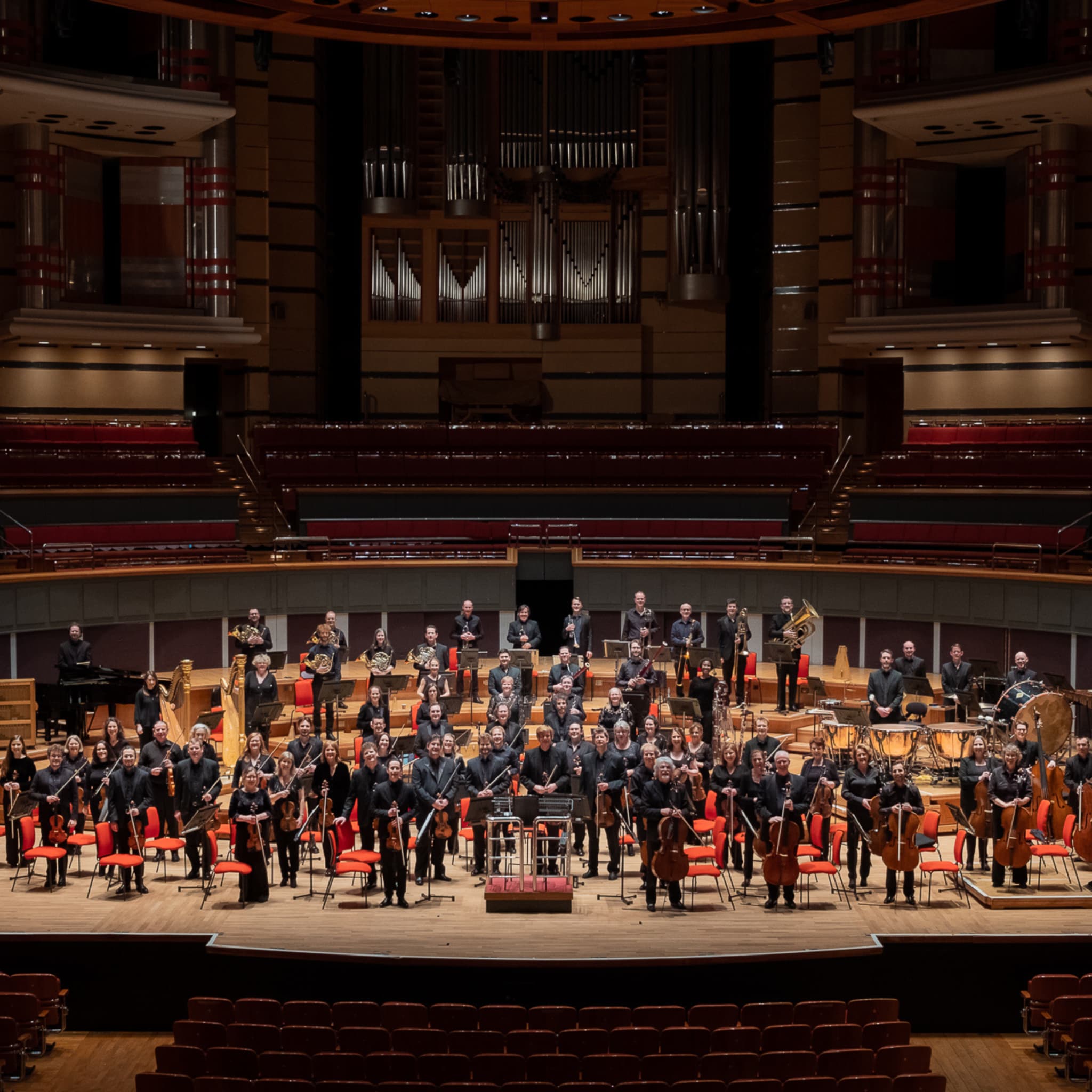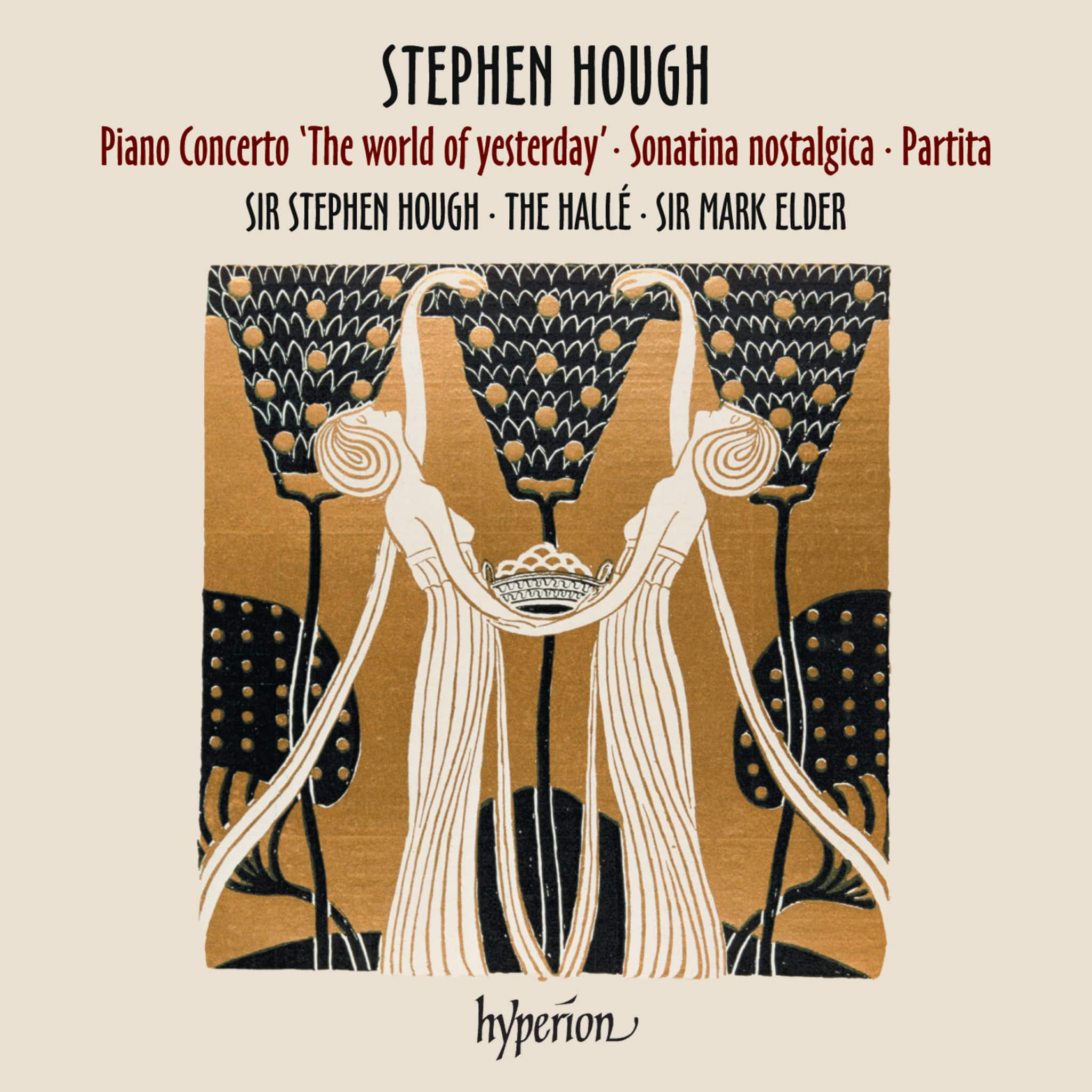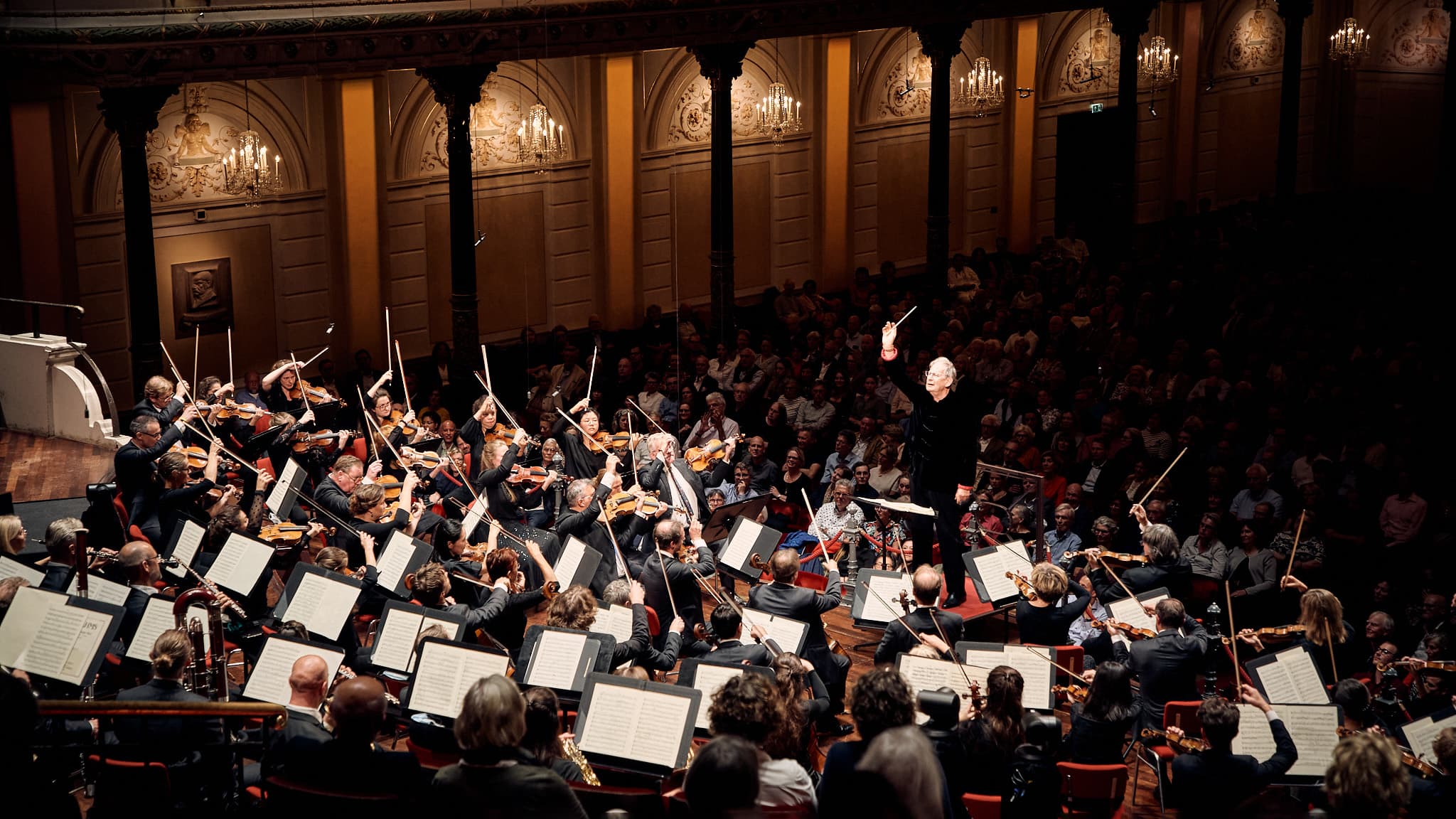Album insights
Vincent d'Indy (1851–1931) zählt zu den prägenden Persönlichkeiten der französischen Musik während der Dritten Republik, wobei sein umfassendes Wirken als Komponist, Dirigent und Pädagoge oftmals unterschätzt wurde. Sein vielfältiges kompositorisches Schaffen reichte von Opern über Orchesterwerke bis hin zu Kammermusik und spiegelte die Auseinandersetzung mit den musikalischen Strömungen seiner Zeit wider. Besonders seine frühen Werke waren vom Einfluss Wagners geprägt, nachdem er 1876 die Bayreuther Festspiele besuchte und sich dem Wagnerianismus zuwandte. In späteren Jahren zeigte sich in seinen Kompositionen eine stilistische Annäherung an Debussy, dessen Sinn für Form und Struktur er verteidigte – eine Haltung, die auf seinen Lehrer César Franck zurückging.
Im Unterschied zu Franck ermöglichte d'Indy sein breit gefächertes Interesse als Hornist und Pauker einen erweiterten Blick auf das Orchester. Er verband in seinen Werken die Volksmusik seiner Heimat Ardèche mit Elementen des gregorianischen Chorals, was seiner Opern- und Symphonik neue melodische Impulse verlieh. Seine kompositorischen Prinzipien und methodischen Ansätze fasste er im bedeutenden 'Cours de composition musicale' zusammen, das später die Grundlage seiner Lehrtätigkeit an der von ihm mitbegründeten Schola Cantorum in Paris bildete. Diese pädagogische Arbeit überschattete jedoch keineswegs die Eigenständigkeit seiner Musik, deren farbenreiche Klangsprache sich deutlich von akademischer Strenge abhob.
Zu seinen wichtigsten Werken zählt 'Wallenstein', das von Schillers Dramentrilogie inspiriert ist und die deutsche Kultur reflektiert. Die drei symphonischen Ouvertüren des Zyklus greifen zyklische Themen und Wagnersche Techniken auf und schildern das Schicksal Wallensteins im Dreißigjährigen Krieg. Es folgten 'Le camp de Wallenstein' und 'La mort de Wallenstein', die unterschiedliche Facetten des Dramas musikalisch gestalten.
Mit 'Choral varié' schuf d'Indy zudem ein innovatives Stück für Solosaxophon oder Viola und Orchester, das seine technische Virtuosität unter Beweis stellt. Auch spätere Werke wie 'Saugefleurie', das auf einem Gedicht gründet, unterstreichen seine Affinität zur Verbindung von Musik und Literatur.
D'Indys Gesamtwerk zeichnet sich durch eine große stilistische Vielfalt und kreative Ausdruckskraft aus, was seine Bedeutung als vielseitigen und außergewöhnlichen Komponisten unterstreicht.














